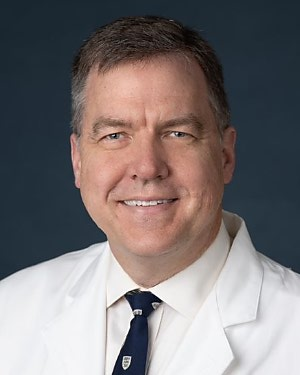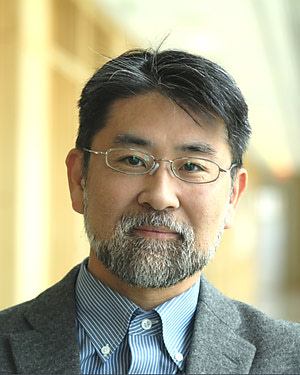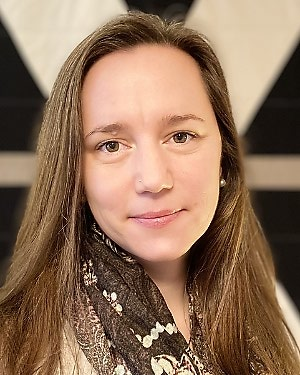Research Lab Results
-
Stuart C. Ray Lab
Chronic viral hepatitis (due to HBV and HCV) is a major cause of liver disease worldwide, and an increasing cause of death in persons living with HIV/AIDS. Our laboratory studies are aimed at better defining the host-pathogen interactions in these infections, with particular focus on humoral and cellular immune responses, viral evasion, inflammation, fibrosis progression, and drug resistance. We are engaged in synthetic biology approaches to rational vaccine development and understanding the limits on the extraordinary genetic variability of HCV.
-
Inoue Lab
Complexity in signaling networks is often derived from co-opting one set of molecules for multiple operations. Understanding how cells achieve such sophisticated processing using a finite set of molecules within a confined space--what we call the ""signaling paradox""--is critical to biology and engineering as well as the emerging field of synthetic biology. In the Inoue Lab, we have recently developed a series of chemical-molecular tools that allow for inducible, quick-onset and specific perturbation of various signaling molecules. Using this novel technique in conjunction with fluorescence imaging, microfabricated devices, quantitative analysis and computational modeling, we are dissecting intricate signaling networks. In particular, we investigate positive-feedback mechanisms underlying the initiation of neutrophil chemotaxis (known as symmetry breaking), as well as spatio-temporally compartmentalized signaling of Ras and membrane lipids such as phosphoinositides. In parallel, we also try to understand how cell morphology affects biochemical pathways inside cells. Ultimately, we will generate completely orthogonal machinery in cells to achieve existing, as well as novel, cellular functions. Our synthetic, multidisciplinary approach will elucidate the signaling paradox created by nature. -
Goley Lab
The Goley Lab is broadly interested in understanding cellular organization and dynamic reorganization, with particular focus on the roles of the cytoskeleton in these phenomena. We use cell biological, biochemical, genetic and structural approaches to dissect cytoskeletal processes with the aim of understanding how they work in molecular detail. Currently, we are focused on investigating the mechanisms underlying cytokinesis in bacteria. A deep understanding of cytoskeletal function in bacteria will aid in the identification of targets for novel antibiotic therapies and in efforts in synthetic biology. -
Caren L. Freel Meyers Laboratory
The long-term goal of the Caren L. Freel Meyers Laboratory is to develop novel approaches to kill human pathogens, including bacterial pathogens and malaria parasites, with the ultimate objective of developing potential therapeutic agents. Toward this goal, we are pursuing studies of bacterial isoprenoid biosynthetic enzymes comprising the methylerythritol phosphate (MEP) pathway essential in many human pathogens. Studies focus on understanding mechanism and regulation in the pathway toward the development of selective inhibitors of isoprenoid biosynthesis. Our strategies for creating new anti-infective agents involve interdisciplinary research in the continuum of organic, biological and medicinal chemistry. Molecular biology, protein expression and biochemistry, and synthetic chemistry are key tools for our research.


